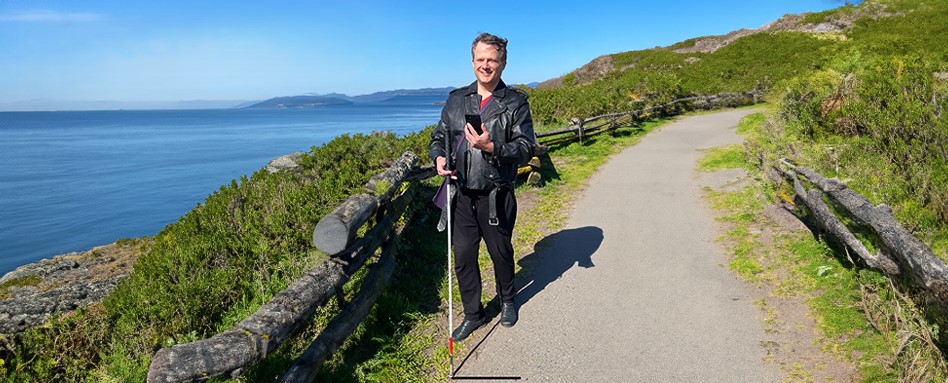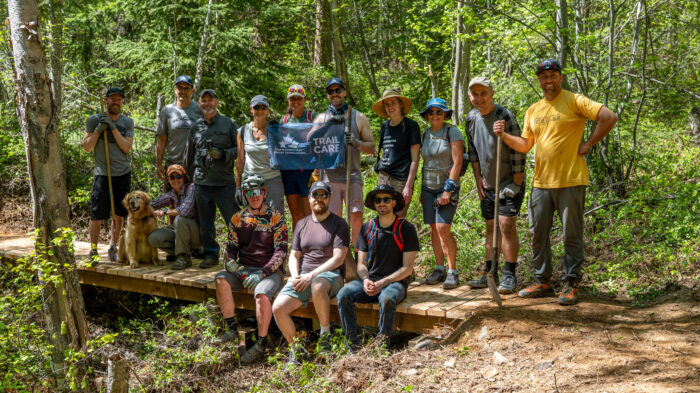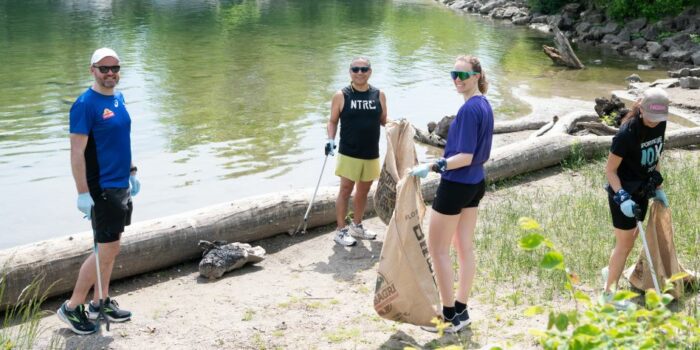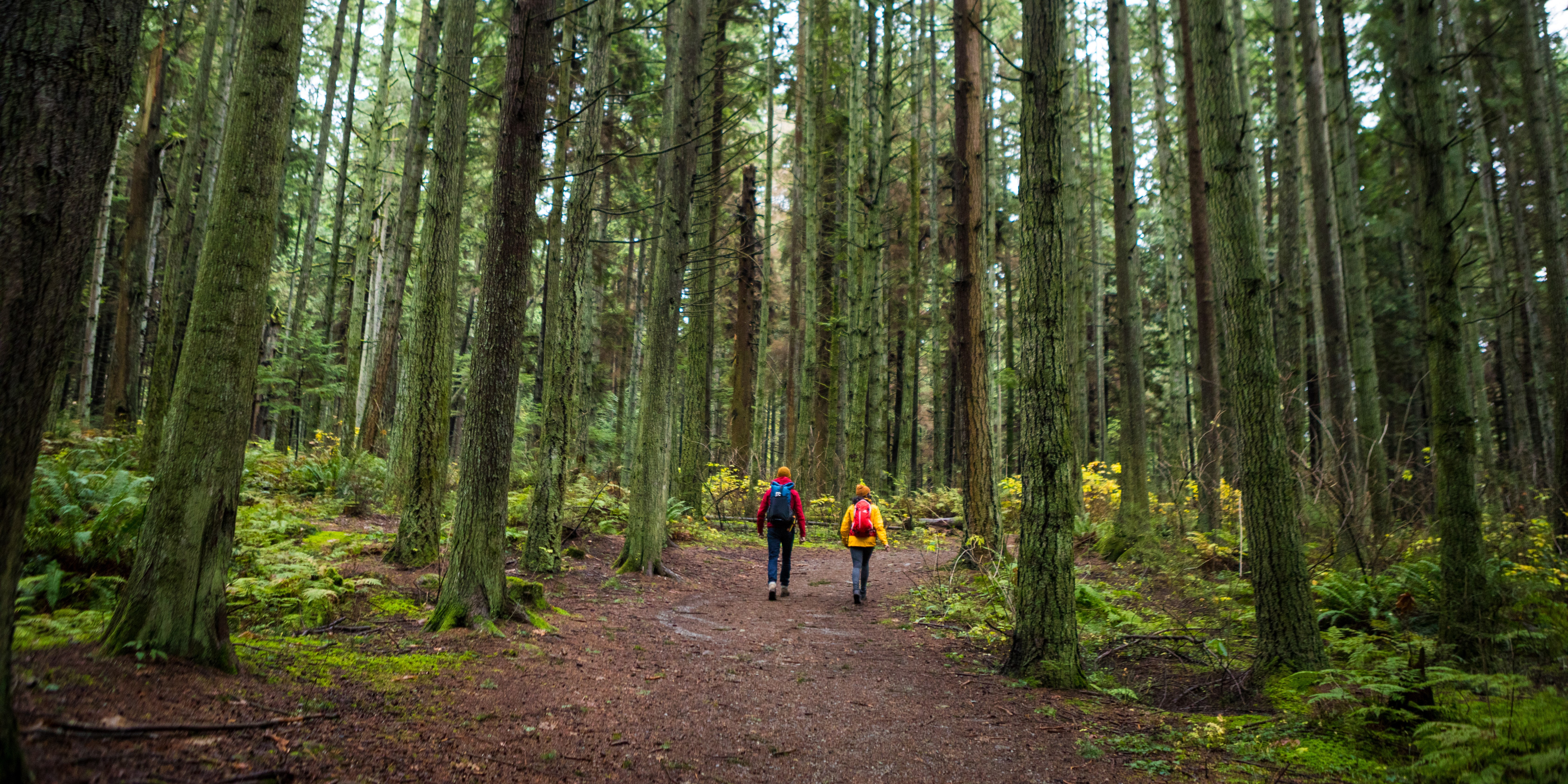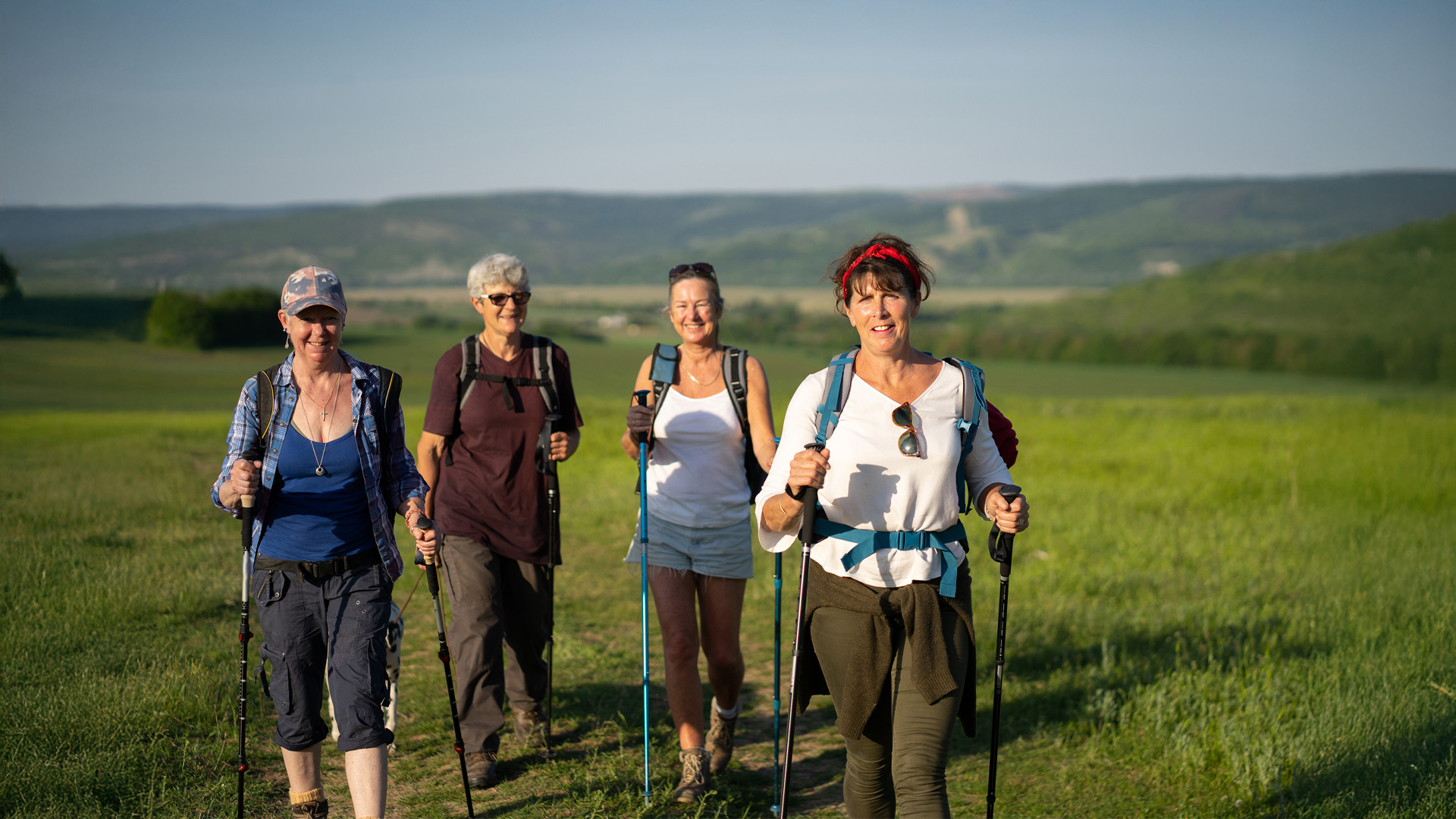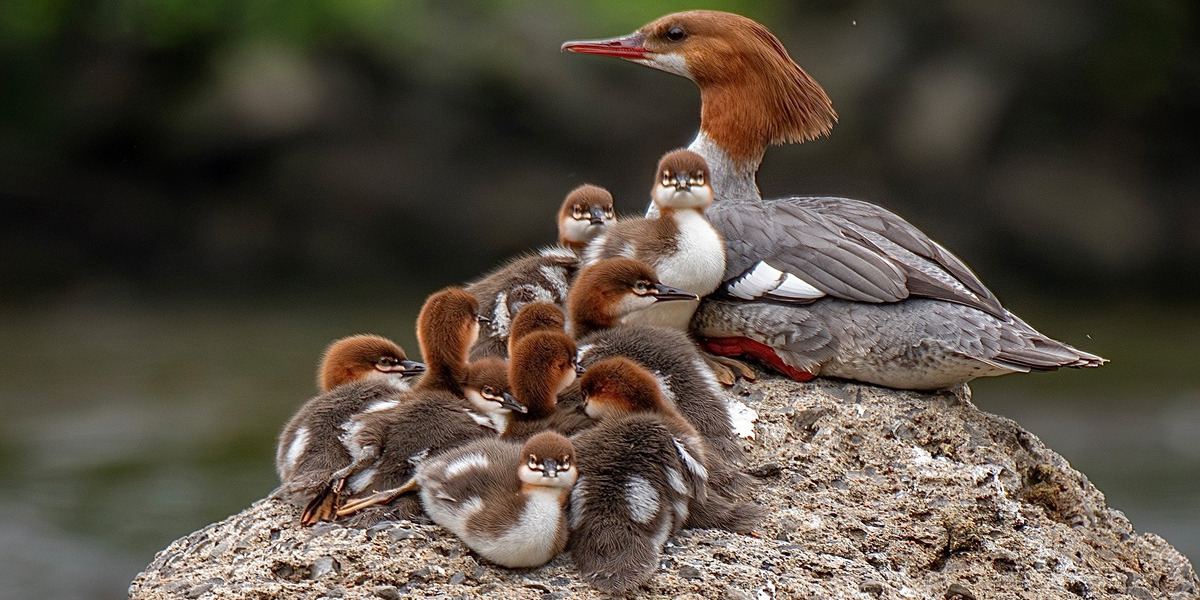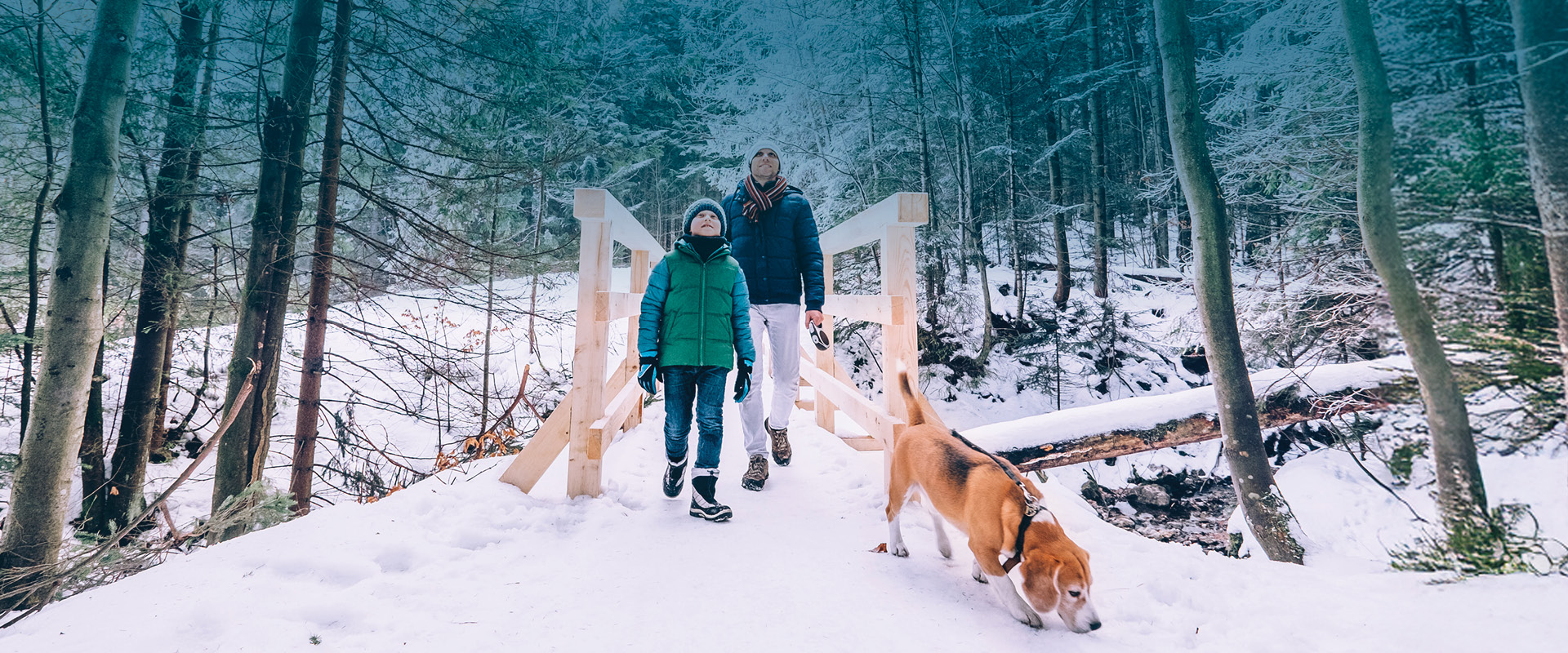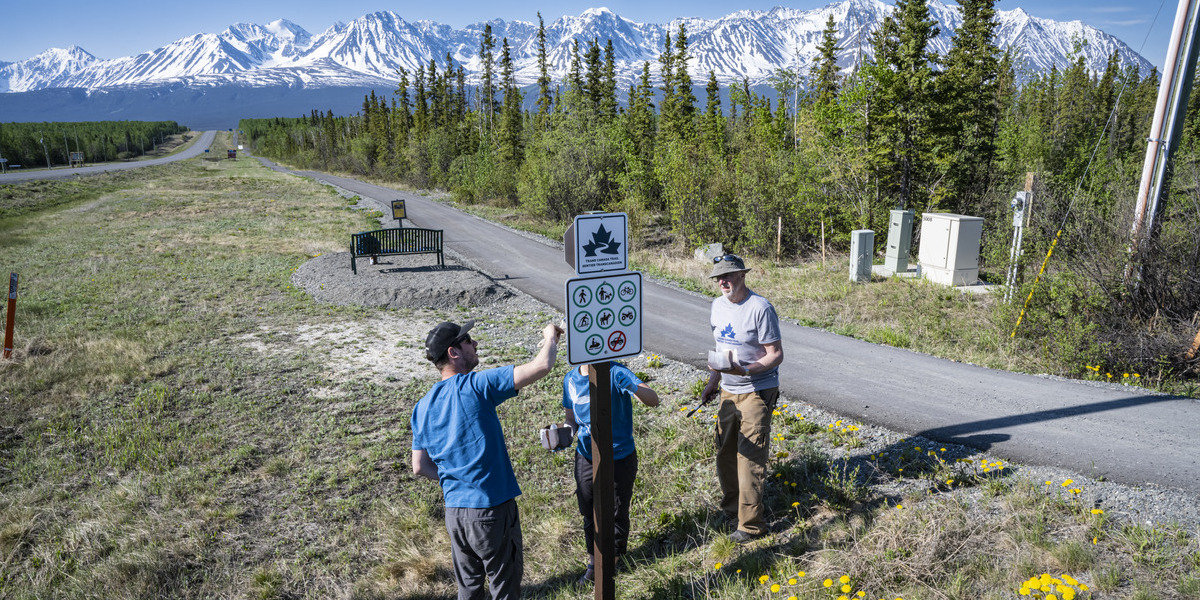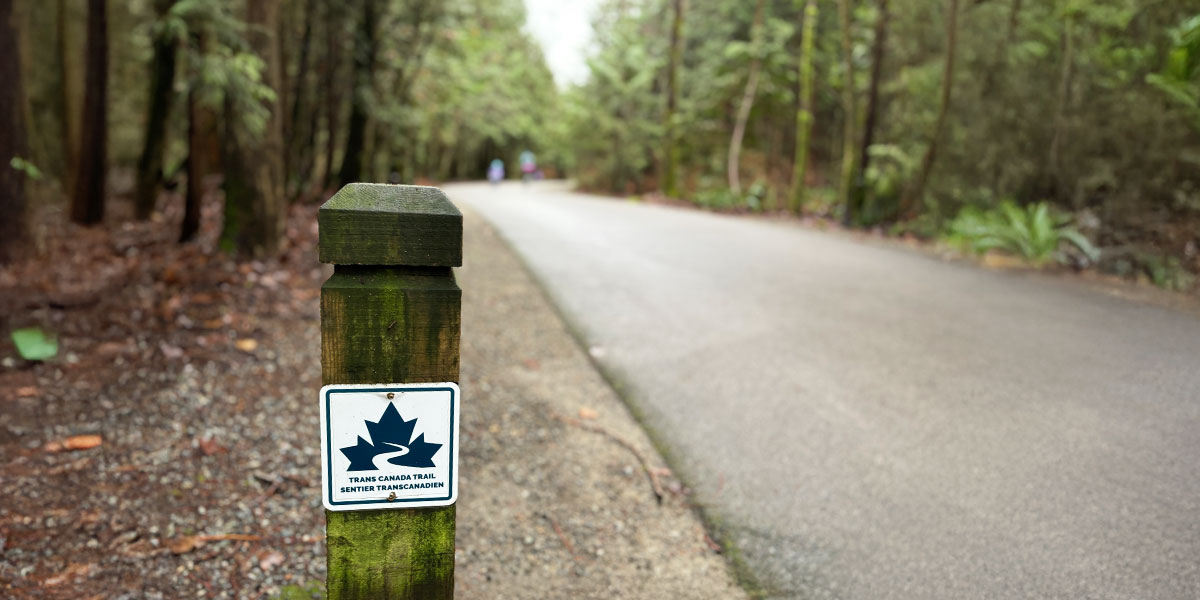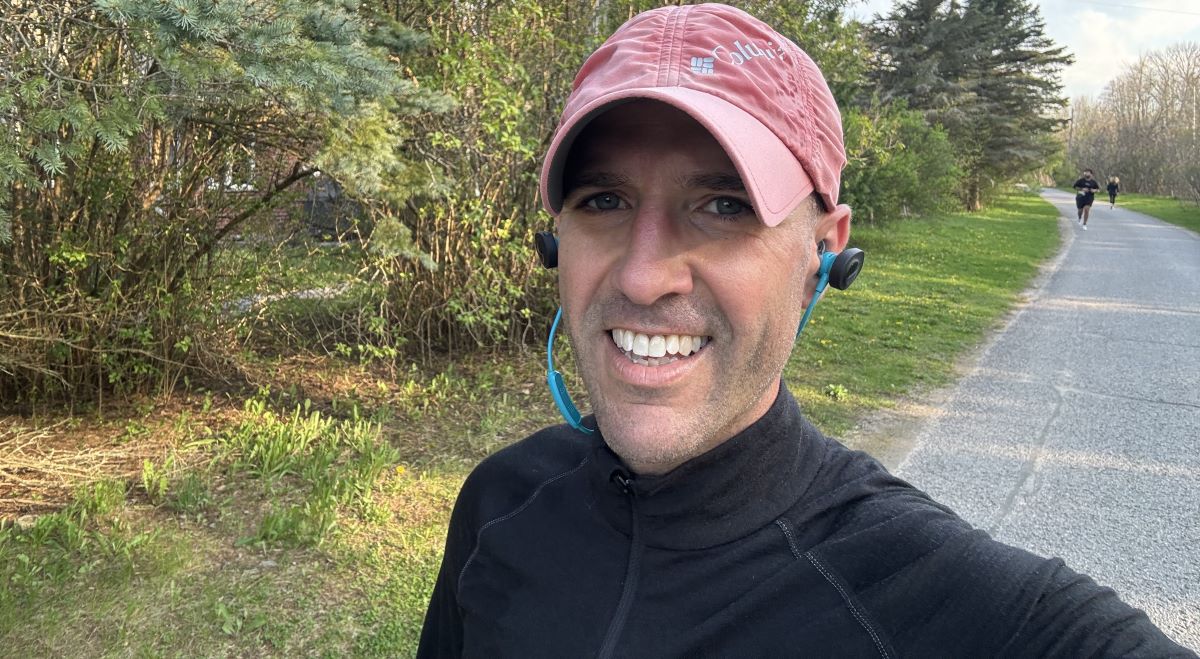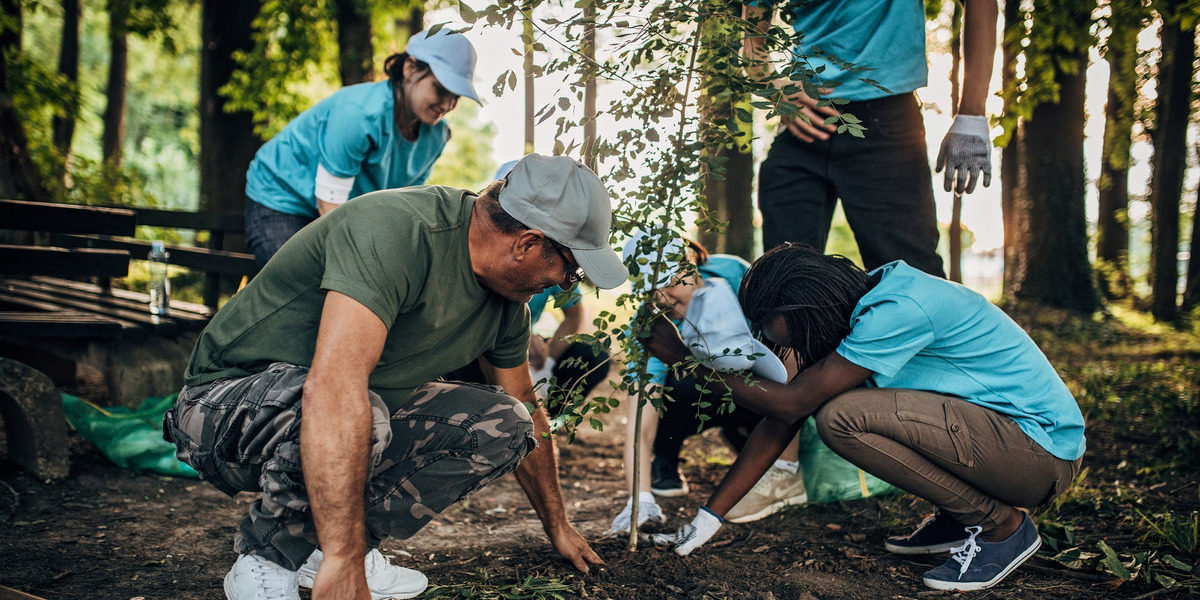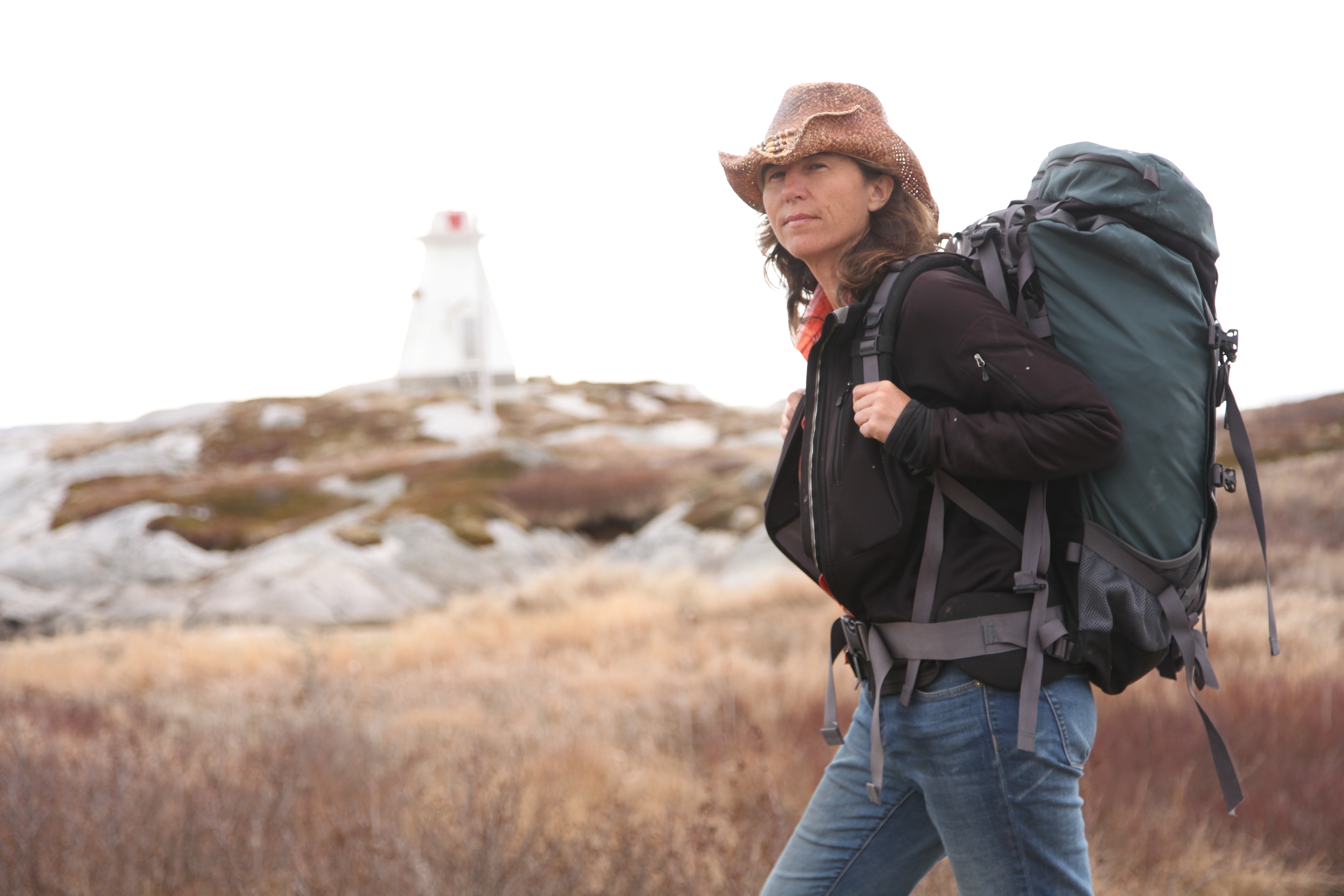Trans Canada Trail Joins The Walrus for a Vital Conversation on Nature
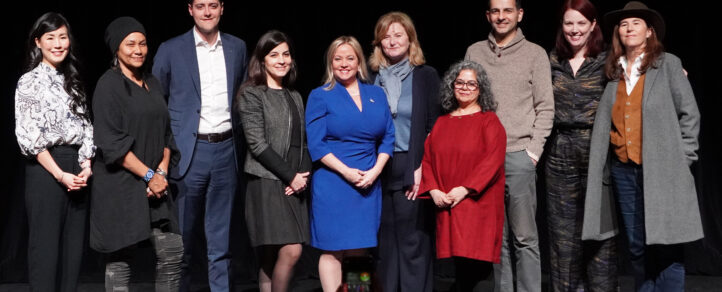
On March 19, Canada’s largest city provided an unlikely setting for a crucial conversation: one about the importance of access to nature.
Outdoor experts and enthusiasts from across the country gathered for The Walrus Talks, a celebrated discussion series in which seven thought leaders from different disciplines speak for seven minutes each about a single theme or topic. Hosted by The Walrus, an independent, non-profit Canadian media organization, the forum is meant to spark dialogue and pave the way for a more comprehensive understanding of significant issues.
Titled “The Walrus Talks Nature” this installation of the series focused on the myriad benefits associated with access to natural environments and outdoor spaces. The evening was generously supported by Manulife in alignment with their unwavering commitment to trail accessibility.
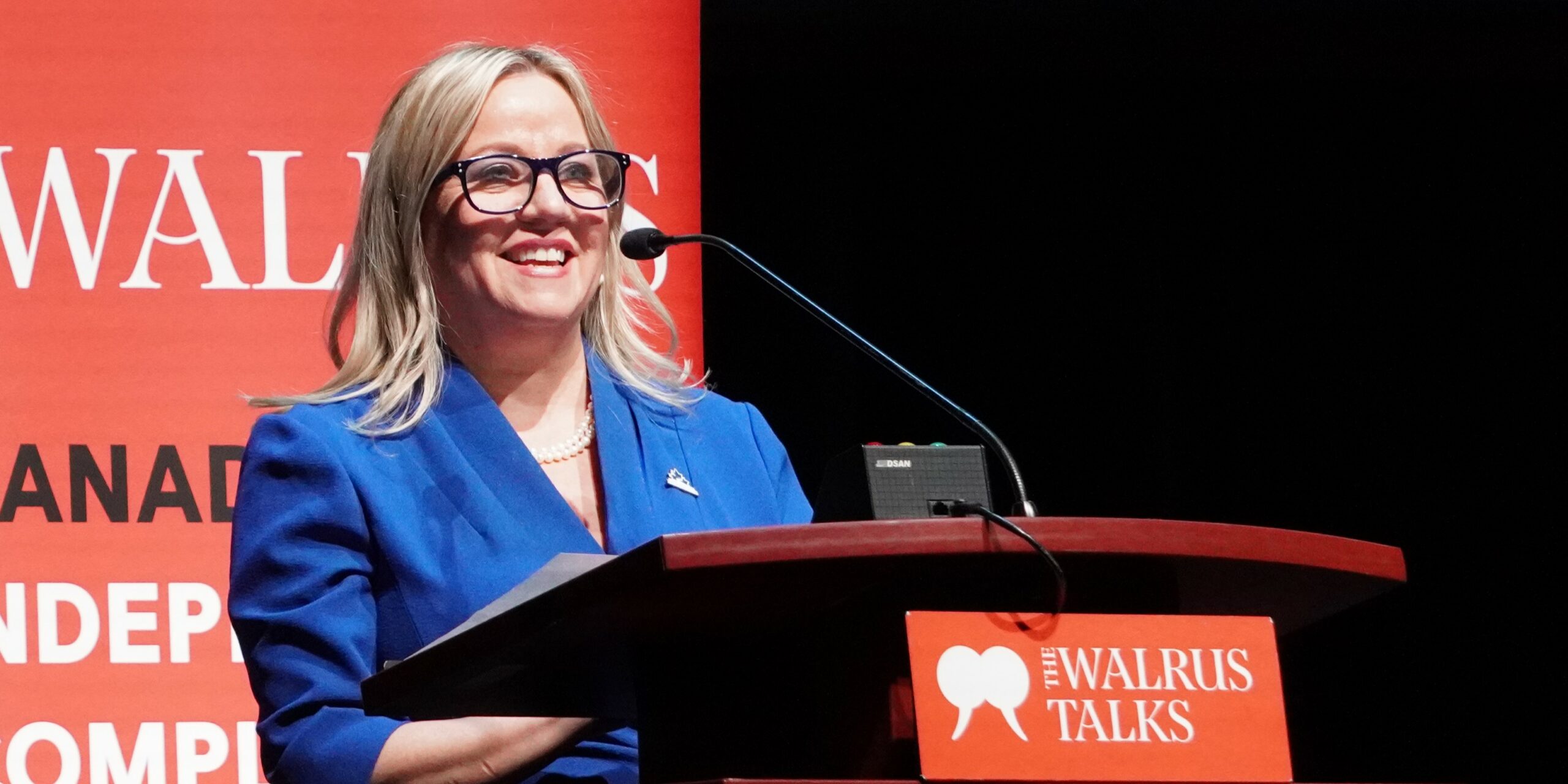
Meghan Reddick, Interim CEO at Trans Canada Trail, opened the evening with poignant introductory remarks.
“Canada is a treasure trove of natural beauty. And yet, to truly enjoy these stunning landscapes, Canadians need to actually connect with them. This is where the Trans Canada Trail comes in,” she said.
The discussion that followed stitched together expertise on historic concepts of nature, equity, public health, access and diverse experiences with nature from coast to coast. Panelists included: Ambika Tenneti, Carolynne Crawley, Dianne Whelan, Iraz Soyalp, Marlaine Koehler, Dr. Melissa Lem and Sean Kheraj.
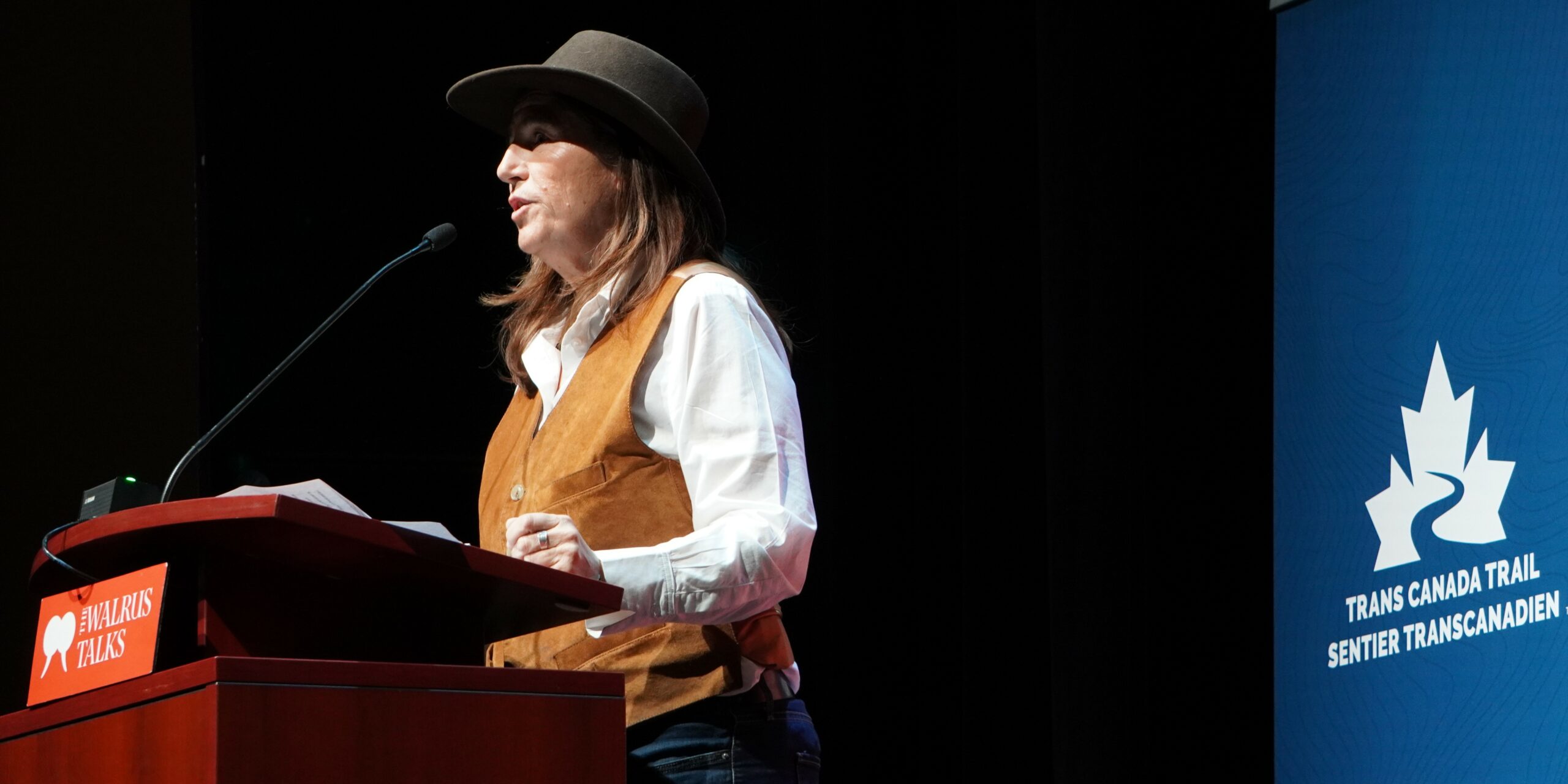
Dianne Whelan, an award-winning filmmaker who recently released a documentary about her journey across the entirety of the Trans Canada Trail, rounded out the conversation with wise words about the importance of connection to nature and each other.
“We are yesterday’s descendants and tomorrow’s ancestors, and the Trail connects us all.”
The event was a mosaic of perspectives, with leaders from climate, business, and nonprofit sectors converging to unravel the multifaceted relationship between nature, trails and society. A common thread ran through each presentation: access to nature benefits everyone.


